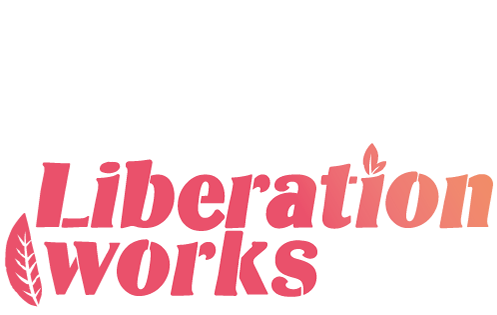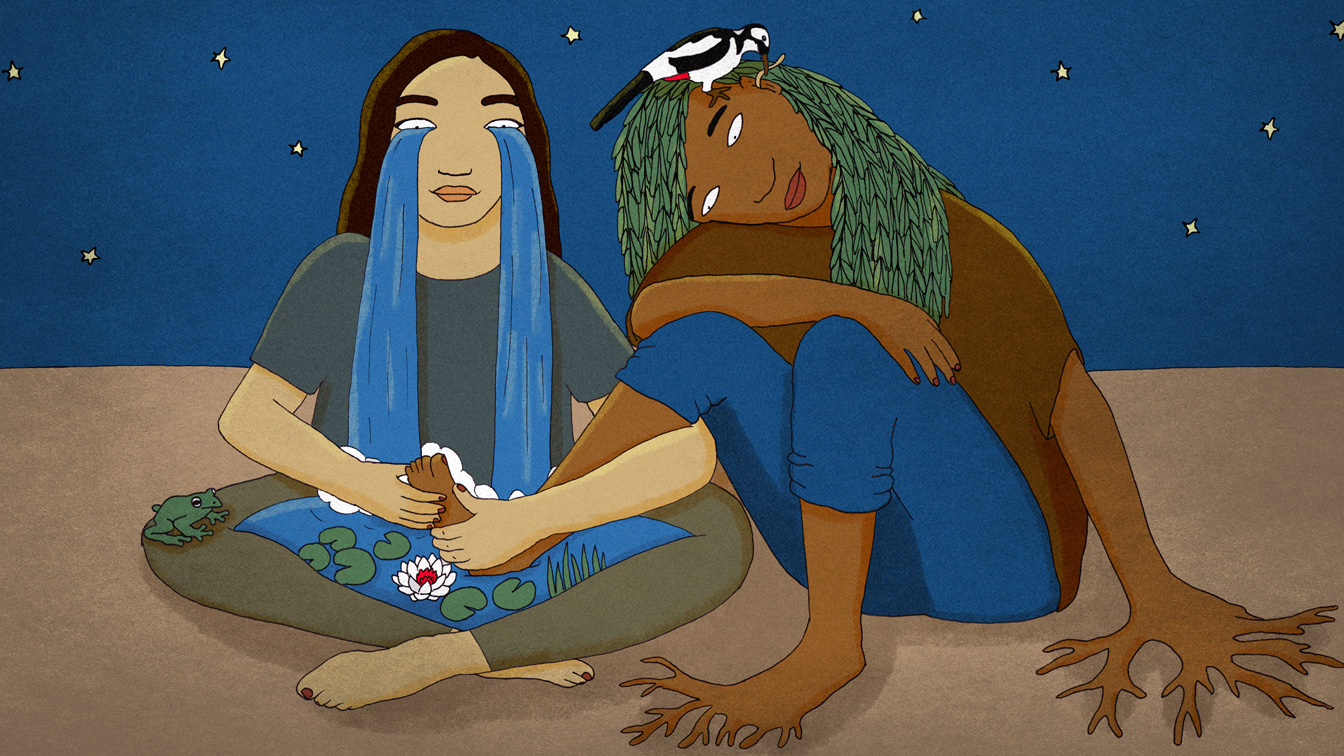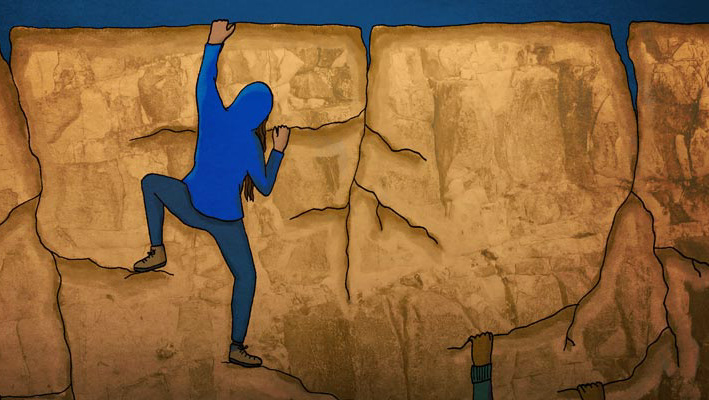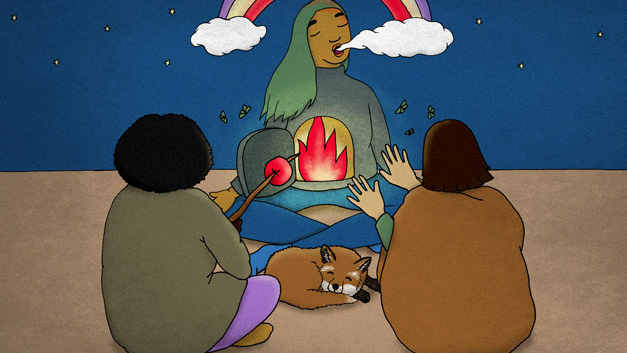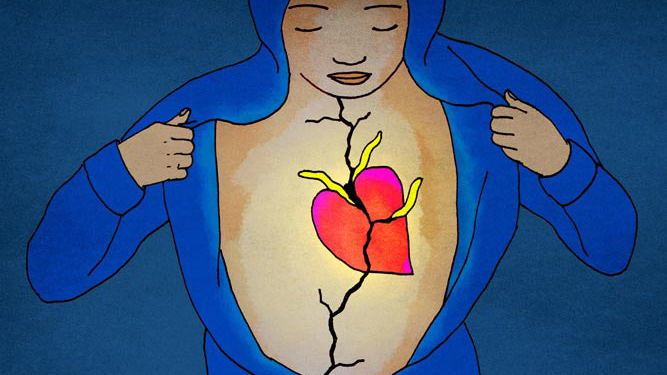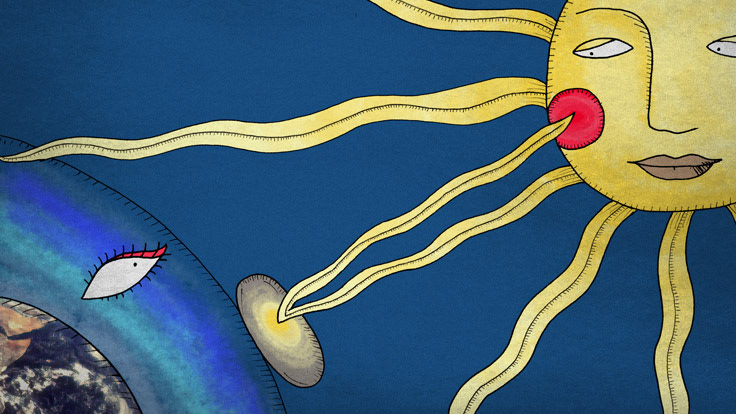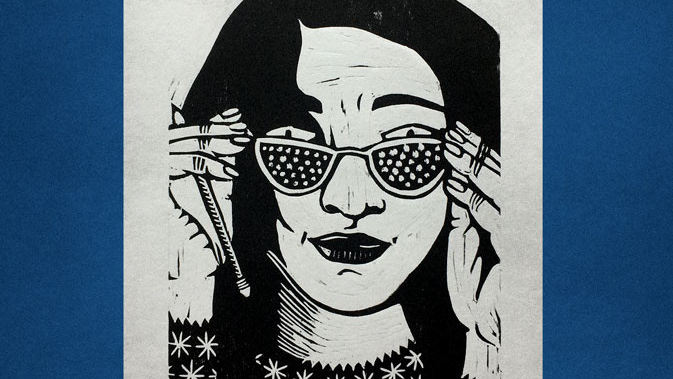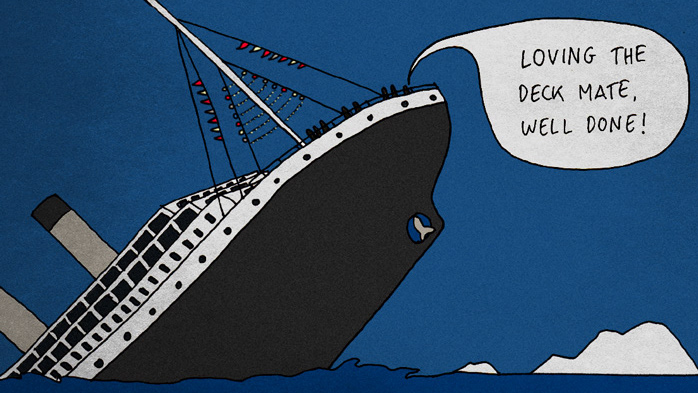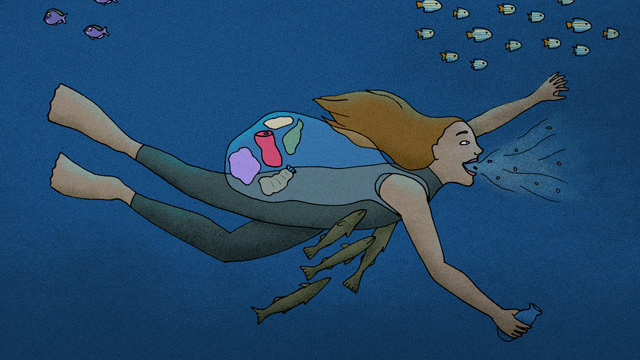“We—all of us on Terra—live in disturbing times, mixed-up times, troubling and turbid times. The task is to become capable, with each other in all of our bumptious kinds, of response… The task is to make kin in lines of inventive connection as a practice of learning to live and die well with each other in a thick present.” Donna Haraway.
This week I’ve been reading Donna Haraway’s “staying with the trouble”.
I’ve been grappling with this proposition, with the notion that life is happening right now as some of us wait eagerly and sometimes actively -depending on our politics and views of the world- either for ‘normality’ to resume, or for a new ‘normal’ to emerge. But this waiting, this trouble, is life too. Life does not start when the flower blossoms, life is a continuum, an ongoing thread, and so much of it is happening within the compost, underground, in the places we’re overlooking.
Donna Haraway says that staying with the trouble can be an alternative to two common reactions: hope and despair. The first outsource solutions to external saviours (be it technology, the market, God), and the second feel defeated in the face of such massive catastrophes (climate chaos, poverty, wars, Covid-19). Instead she proposes we ‘make oddkin’ with each other and the many companion species (human, non-human, more-than-human) that we find ourselves with; that we move humans away from the centre, and tune into our multi-species response-ability.
‘Help me meet this moment’
On Sunday I also had the first session of We will Dance with Mountains, a three month course for "defractive practitioners" led by Bayo Akomolafe, which led me to start this Questionings section of my website. Some of the framing questions the organisers of the course presented us with are:
“What do we do when we are stuck?”
“What if the way we’re responding to the crisis, is part of the crisis”
What if we allowed ourselves to "lose our way generously?"
Can we “notice the trap of what we think we might already know?”
Bayo also told the story of Abayomi, of the mother who in a slave ship, wanting to stop the crying of her child prayed and said to Eshu "help me meet this moment". Then she came up with the idea of tearing her dress up and making a black rag doll with it. The doll comforted the. The mother named the doll Abayomi, which means ‘they would have conquered me but God did not allow it’.
We were finally invited in this first session to find an object in our house, whisper to it the things we think we know, our ‘precious convictions’, and give the object to the ground, as an offering, to mark the beginning of this journey. I found myself choosing a small picture I had on the wall. It was a present from a friend. She made it using a cassette tape as the base, and decorating it with collages. I really did not want to let go of that object! I went to it, looked at it, turned it around, and noticed for the first time, the music originally recorded on the cassette: “Protest and more”. It then became clear to me, though still difficult, that I would follow my initial intuition and offer this cassette to the ground along with my convictions of how to "fight for justice", "change the world", "and more".
What happens if we losen the tight grip on our convictions?
What new perspectives may we gain?
What other places of power might we find?
-
May we allow ourselves to ask for help to meet this moment, and pay attention to what emerges. May we find guidance to stay in the trouble.
